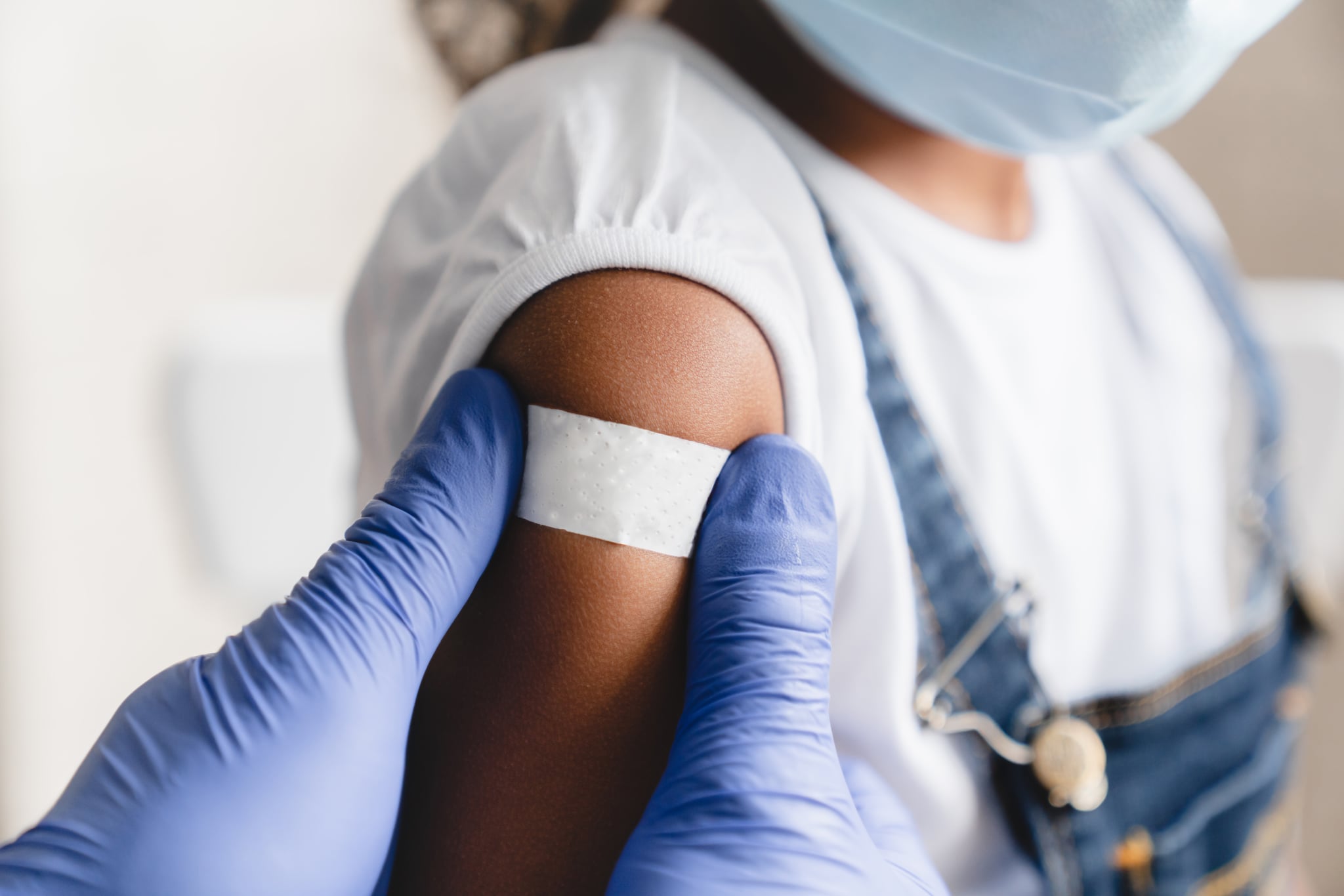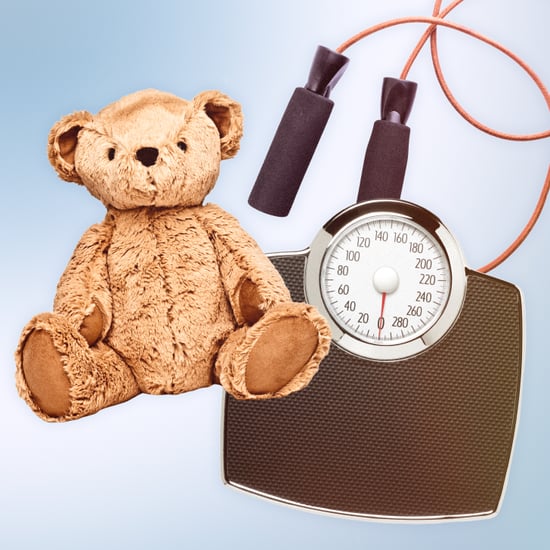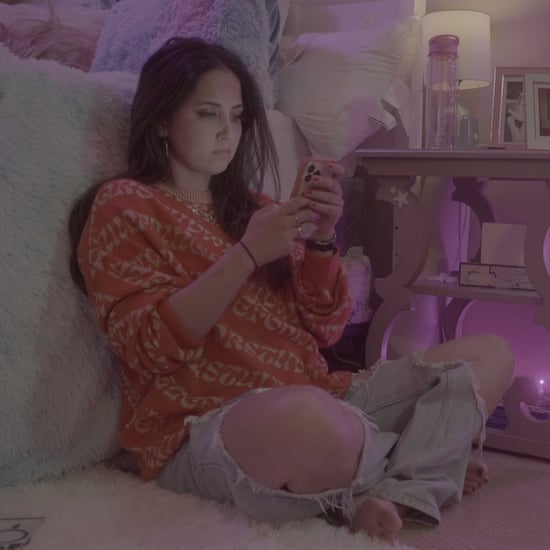Parents Are Increasingly More Opposed to School Vaccination
Parents Are Increasingly More Opposed to School Vaccine Mandates — What to Know

For most families, getting school-aged children vaccinated was a normal part of the back-to-school routine. But increasingly, some parents have called vaccinations into question, citing (completely debunked) concerns that vaccinations are linked to autism and, more recently, claiming the COVID-19 vaccines do more harm than good. The CDC has even released statements specifically targeting misinformation about COVID — addressing concerns that the vaccine contains a microchip, can make you magnetic, or can even alter human DNA. If these examples sound absurd to you, that's because they are. But the pervasiveness of vaccine paranoia has serious consequences, particularly for children.
The World Health Organization reports that vaccination coverage for measles — a respiratory virus that can become life-threatening to children — has steadily declined during the pandemic, seeing a record high of "nearly 40 million children miss[ing] a measles vaccine dose" in 2021. More broadly, the Association of American Medical Colleges notes that the decline in childhood vaccinations can result in a resurgence of previously controlled diseases. (Polio, for example, was declared eliminated in the US decades ago, only to resurge in New York earlier this year.)
Attitudes around vaccinations are certainly changing — and a new survey released by the Kaiser Family Foundation points to continued ideological concerns over state-required school vaccinations.
According to the survey, about seven in 10 adults (71 percent) agree that healthy children "should be required to get vaccinated for MMR [measles, mumps, and rubella] in order to attend public schools." That number represents a noticeable decrease from the 82 percent reported in a 2019 Pew Research Center poll.
Additionally, around three in 10 adults (28 percent) say that parents should decide if their school-age children will be vaccinated, "even if this creates health risks for others," marking a jump up from 16 percent based on the 2019 Pew data.
As of now, all states and Washington DC require children to be vaccinated for certain diseases in order to attend public schools, including measles and rubella, though exemptions are allowed in certain circumstances.
Where do you stand when it comes to vaccinations and school attendance? Let us know by voting in the poll.







